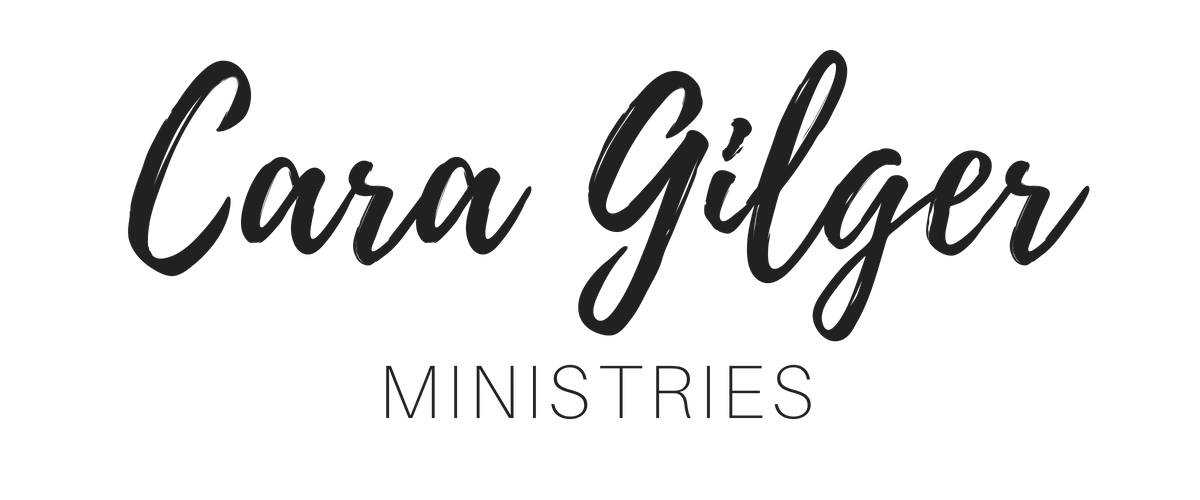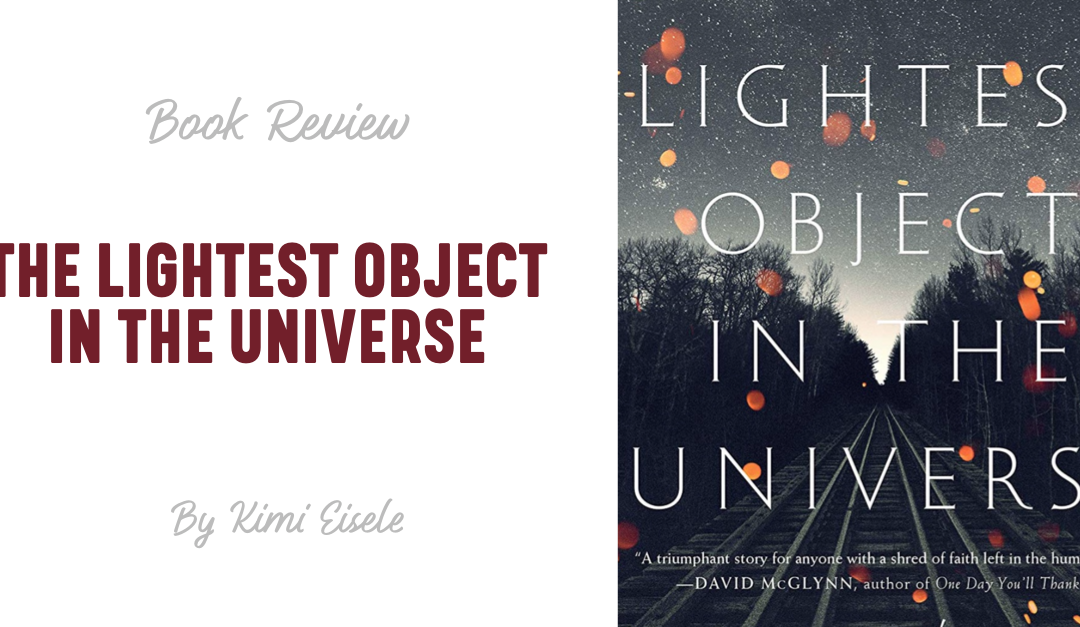Normally I don’t write stand alone book reviews, however occasionally a book comes along that is so striking and thought provoking that I want to talk about it…a lot. The Lightest Object in the Universe by Kimi Eilese is the first book of 2019 that completely captured my heart and imagination.
The Lightest Object in the Universe follows Carson and Beatrix as the struggle to find their path in this new world, one where the technologies and structures of modern culture no longer exist. Carson, on the East Coast, is desperate to find Beatrix, and so embarks on a cross country trek where he encounters an odd array of travelers including those who are following the broadcast of a religious leader claiming to offer relief. Meanwhile, Beatrix wrestles with settling into a community that before things changed she spent most her time fleeing to help other communities. And then there Beatrix neighbor, a fifteen year old girl with one blue eye and one brown that has premonitions of the future, of all of their futures.
I absolutely love the post-apocalyptic genre for the ways it offers a critique of the human condition and casts a vision of humanity that is hopeful. When done well, the apocalypse becomes merely a backdrop to wrestling with themes around human nature and imagining other dynamics of human life, art, beauty and community. A strong example is Station Eleven by Emily St John Mandel. However, I am picky. I am not interested in social Darwinism as the primary view point, where humans are in a competition to see who can be the most morally compromised (I am looking at you The Walking Dead and The Hunger Games). While these stories can be entertaining, who doesn’t cheer for Katnis and Rick Grimes, their primary driver is what is wrong with humans, not what could be good or kind or beautiful within humans. There is a destructive element that leaves little room for creative construction of our world to be the final or ultimate future. We read to discover what is ultimate in our stories, our hopes and our fears.
What captured my heart with The Lightest Object in the Universe was the way Eisele is able to tease out the multifaceted aspects of grief and the many ways that people respond to loss. As a pastor I know that grief can inspire people to respond in strange, destructive and often beautiful ways–she captures all of these nuances and more. Each character is grieving and has their own way of wrestling out their grief for what was, what they have lost in this new world and what is no longer possible for their future. Counter balanced to that is themes of love–how we love in light of loss? What does love mean in a mortal world? Can we envision a world where love for our neighbor is our highest value?
I also thought that Eisele did a good job troubling both ends of the theological spectrum. The radio preacher promising people creature comforts such as ice cream and a new life offered a commentary on theological answers that don’t ask good questions of our suffering. In our despair it might be easy to follow answers that keep the wrestling of deep questions at bay, but at what cost? On the other end Eisele created a sharp critique of the social justice movement rooted in liberal theological practice that often focuses on external problems and forces, while neglecting the hyper-local needs of communities. As Beatrix wrestles with how to become a part of the community in her own neighborhood, I was moved by the sense that we don’t have to wait for the apocalypse to build better communities of care now. The faith in what could be built now is as fledgling as the faith in the radio preacher. None of the theological options in Eisele’s world come without vulnerability, but it’s what that vulnerability yields that reveals what is at stake in these views. There was also an underlying question about scarcity versus creativity when in comes to how we live in relation to one another that was thoughtful and nuanced.
Meanwhile, as Carson travels across the country his character is wrestling with related question–are people mostly good, albeit complicated or mostly bad, evoking fear and mistrust? Again, where Eisele could be single minded in her argument there is nuance and texture to how she presents the issue. The characters he encounters offer different, if not always clear answers.
I highly recommend this book to anyone that wants to dream of a better now. Have you read it yet? If so, what was the most striking theme for you?
Like what you’ve read? Want more? Sign up for my twice a month newsletter (because we’re not spammy) and get original content you can’t find here on the blog. Reflections on faith and living, book recommendations and other good, nerdy fun. Sign up HERE.



Recent Comments